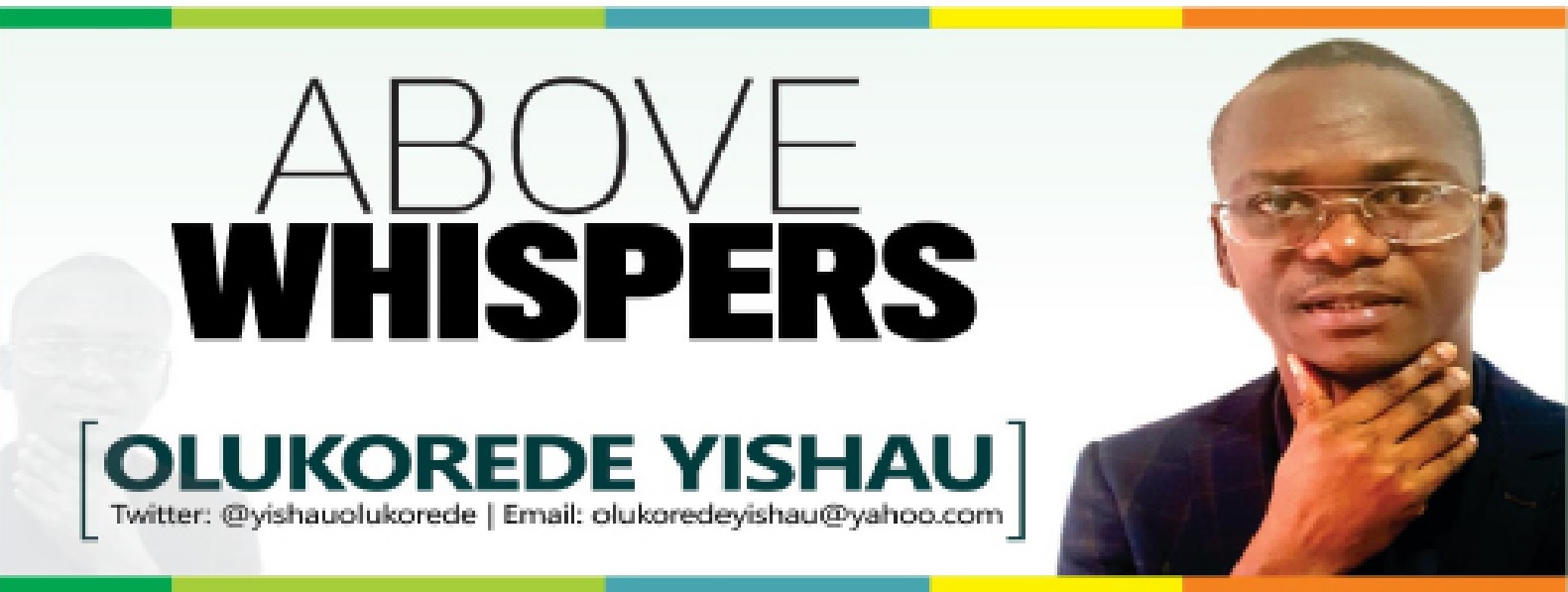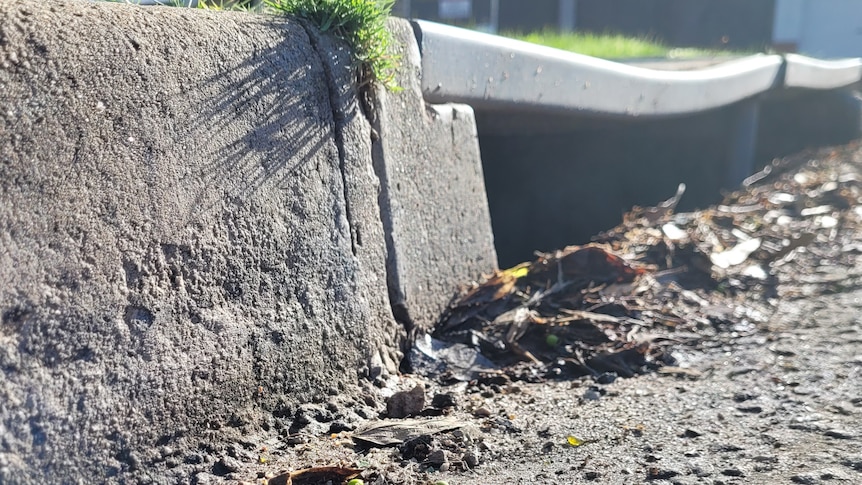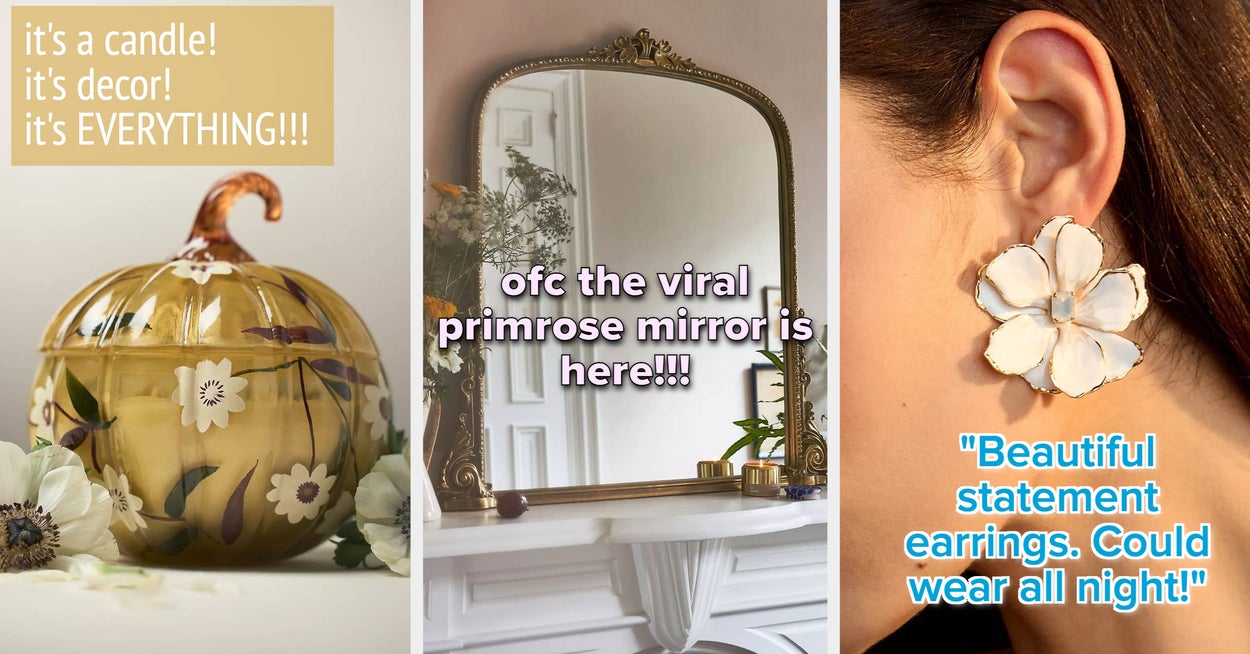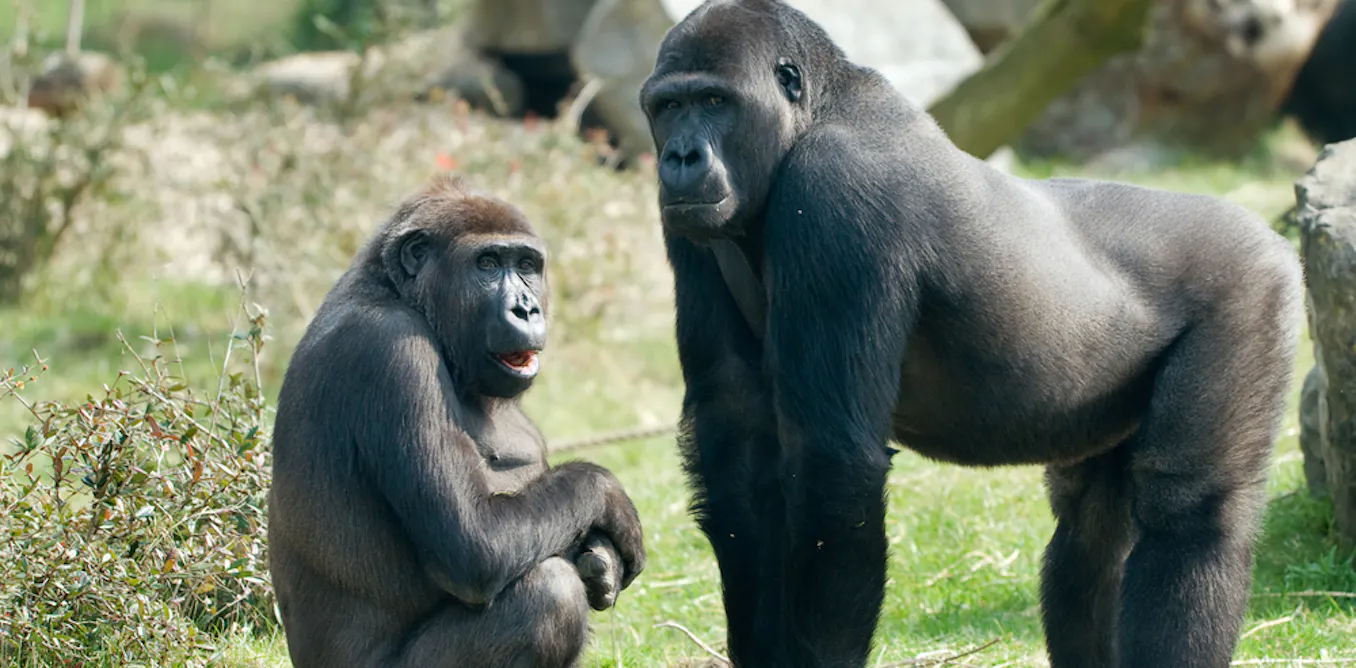By Olukorede Yishau,The Nation
Copyright thenationonlineng

It happened before America became home.
‘You think it’s funny; I’ll show you what is funny. Stand back.’
The United States Customs and Border agency official barked at me in the expansive arrival hall of the George Bush Intercontinental Airport in Houston, Texas. The blond official’s eyeballs seemed about to jump out of their sockets.
Less than a minute later, a security officer came to lead me away with other passengers’ eyes glued on me. The officer took me to a room where I met others who had just got off the planes after long hours of travels.
My flight had arrived some thirty minutes before I got the chance to face the angry border agency official whose voice boomed despite the glass partition separating us.
‘Why are you here?’ he asked me after I handed him my passport.
‘Vacation,’ I answered, my heart beating faster than usual.
‘Why America?’
‘I’ve always spent my vacation here.’
‘But, why America?’
His repeat of this question riled me and I started smiling. I smiled because at the time living outside of Nigeria didn’t excite me. Nigeria, despite its shortcomings, was dear to my heart and I thought I had mastered how to survive there. So, I wondered why this officer was making a fuss about my decision to vacation in his beloved country. I felt he must have assumed I was planning to stay back in the US. My smiling face woke up the beast in him and he decided to make my night longer.
In the hall where the security officer led me, we sat and awaited our turn for questioning. After some minutes, another border agency official asked me about myself and my trip. I told him I was a journalist and writer and he showed excitement about my status and how exciting he felt my life would be. I was led into another room where an officer brought my bags that had been recovered from the baggage area.
The glove-wearing man asked me what I had in my bag. I told him clothes, shoes and books. Trouble started when he started bringing out copies of my Nigeria Prize for Literature-nominated debut novel, ‘In The Name of Our Father’. I could see his countenance changing as he unraveled copies after copies from compartments of the bags.
Read Also: JUST IN: Tinubu returns after Japan, Brazil trips
‘Why didn’t you tell me you have these many books?’
‘I told you I’ve books.’
He went on to accuse me of lying to him and he seemed eager to get me back to Nigeria. In no time, he told me he was going to inside to write his report. He ordered me to repack my bags. As he was leaving, I called him back.
I had had this ill-feeling about something untoward happening at the entry point because of the quantity of the copies of the book. So, I inscribed “for donation to universities in the UK and US” on a carton with some copies of the book.
‘Please come. I need to show you something. I didn’t set out to lie to you.’
He answered my plea.
‘Please come and see this.’
I showed him the inscription and also called his attention to the fact that my ticket clearly indicated that I was UK-bound after my Houston stay. I told him the copies were not for sale in the US.
I noticed his countenance softened but I still wasn’t sure what his final decision would be. He left me standing and lonely in the room. I thought of the friend waiting outside to pick me up. I thought of the anxiety she must have been in knowing that my flight had arrived long ago. I thought about being sent home. I thought about everything and anything.
It reminded of an experience at the ever-bubbling Washington Dulles International. That day, I had arrived the airport and an official announced that those of us whose visas were on our current passports shouldn’t join the queue. We were to use the self-service kiosks. What the announcement didn’t add was that we were also going to be the set that would face routine search of our bags. As I got to where we would be searched, I saw a couple and it looked like they were going to be returned to their country because their credentials were found in their luggage when claimed to be in America on vacation. I was also on vacation and was spending it with my friend, Adeola Akinremi, who was an editor at This Day. He had graciously driven all the way from Maryland to fetch me. I was sure I had no contraband in my bags but with border agency officials, anything can happen.
Akinremi’s amazing wife, Temitope (Super), had asked me to help bring some stuff from Lagos. I also had clothes for them from tailors. The officer who conducted the search queried why my luggage contained female dresses when my friend who I said I was coming to meet was a man.
‘They’re for his wife,’ I said, and he kept quiet.
The official was black. He looked like an average Nigerian, his look traceable to the fact that millions of African Americans originated from Africa. No thanks to slave trade, people who could have been my nephews, nieces, uncles, aunts now speak with a slant I struggle to understand.
As typical of them, the officer left me to repack my bags after satisfying himself. He bided me goodbye, and I left me to go and join my waiting friend. There was so much construction work going on at the airport and I would later find out that construction works never really stop there. It was a Herculean task finding our way out of the airport. With CCTV cameras everywhere we had to be careful not to take the wrong turn. The construction works had made the road networks snaky.
We eventually figured things out and the next phase was figuring out how to get back to Adeola’s Maryland home. Google map came to our rescue; it also added to our woes. The whole conundrum was compounded when his phone’s battery went there. We were already in Downtown Baltimore at this time. Without a compass, he drove searching for a charger to charge the phone. We couldn’t get any and had to use the malfunctioning one in the car. It charged enough for him to manage to get us to his home where his wife had made meals to welcome me.
Back to the Houston drama. Midnight had passed by the time the Houston border official returned. I had used the few minutes he was away to fix the mess he had created with my bags.
‘Have a good night,’ he said and handed me my passport. Relief washed over me. I quickly got in touch with my friend and briefed her about my ordeal. She had been worried, especially when my phone was also unavailable. I had had to switch it off while facing interrogation. With a heartbeat struggling to return to normal, I found my way to my friend who lamented how she had damaged her car’s rear light while cycling the airport to avoid using the paying car park. We drove away but my heartbeat was yet to return to normal.
In the hotel where I stayed the night, the incident kept returning to my mind so sleep wasn’t enjoyed and for the rest of my time in Houston, I couldn’t rise beyond thinking about how I would have felt if I had been deported over copies of In The Name of Our Father.
The next time I came to the US, I not only travelled lean; but I also kept almost everyone I knew in America in dark about my true arrival date. I never wanted anyone waiting for me at the airport and being roasted by anxiety in case border agency officials chose to be mad for no justifiable reason.
My final take: As I walked the streets, I saw faces, faces that look like me, faces that look like people back home, faces whose looks are traceable to the fact that millions of African Americans originated from Nigeria. No thanks to slave trade, people who could have been my nephews, nieces, uncles, aunts now speak with a slant I struggle to understand.



